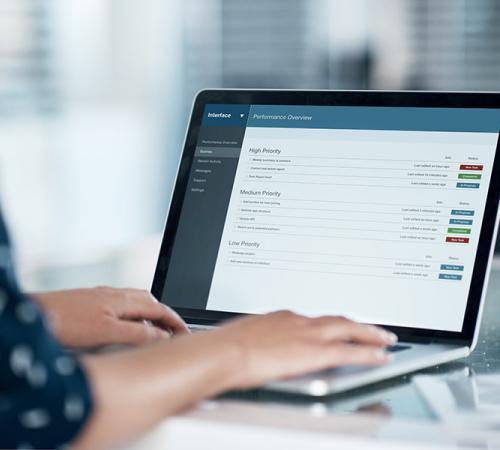

What is the effect of Brexit on small businesses?*
With discussions between the UK and the EU ongoing, hard facts have been difficult to come by, and we know that many of you are questioning exactly how your business will be affected once the transition period is over – and wondering what actions you can take now to get your house in order.
Some of the big changes that will come into force from 1 January 2021 are now clearer, however. With this in mind, we’ve listed out some of the latest changes below, so you can start considering them now:
- Hiring talent: from January 2021, businesses will need to register as a licensed sponsor if they want to hire eligible people from outside the UK. With Free Movement ending, the new points-based immigration system (external link) will introduce job, salary and language requirements that will change the way people from the EU are hired.
- Travelling to EU countries for work: if you need to travel to the EU for work, you may need a visa or work permit. The country you are travelling to might also ask you to have other additional documents depending on what you plan to do there. This advice may be relevant to anyone travelling to the EU for work purposes, so it’s worth reading the Government’s latest advice (external link).
- Replacing .eu top level domain names: If your business holds a .eu domain, it’s important to check if you need to replace it (external link). From 1 January 2021, you’ll no longer be able to register or renew .eu domain names if your business is established in the UK but not in the EU/European Economic Area (EEA), or if you live outside of the EU/EEA and are not an EU/EEA citizen.
- UK professional qualifications: If you have a professional qualification such as a BCS or CMI accreditation, for example, and wish to work with clients in the EU, you’ll need to have your qualification officially recognised by the appropriate regulator for your profession in each country where you intend to work. You’ll need to do this even if you’re only providing short-term or occasional professional services - read more about the new rules (external link).
Looking outside Europe for opportunities
Post-Brexit, one major consideration for SMEs is whether to look outside of Europe for new opportunities. Interestingly, the Department for International Trade is actively encouraging small businesses to test out new international markets, especially where those markets will be negatively affected by Brexit.
EU-UK Brexit negotiations
More will become clear in the coming weeks and Hiscox will be publishing updates and commentary on the implications for small businesses. Remember to check back on our blog and to keep up to date on the Government’s Brexit website. (external link)
Disclaimer:
At Hiscox, we want to help your small business thrive. Our blog has many articles you may find relevant and useful as your business grows. But these articles aren’t professional advice. So, to find out more on a subject we cover here, please seek professional assistance.






